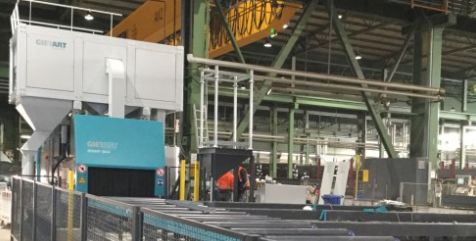
Northwest European coil mills seek earlier annual contracts
Negotiations this year on long-term supply contracts for coil products to carmakers and other big customers for 2022 could ripen much earlier than in other years.
Normally, the partners wait for the big German sheet trade fairs to occur in late October to get serious about deals. This year, it will be the Stuttgart Blechexpo, which takes turns annually with Hanover Euroblech. However, it appears mills are striving to make negotiations and come to conclusions earlier, partly because of the long lead times that need to be taken into consideration at present.
A value that sounds like a possible target for hot rolled coil is €1,100/tonne ($1300) ex-works, which was heard quoted last month by Salzgitter to a conference of analysts. The value sounds low in the current market environment. Several sources tell Kallanish that the likes of Salzgitter keep targeting €1,200 for spot deals, although many transactions have undercut €1,150 by now.
The explicit figure of €1,100 is thus likely to apply for long-term contracts, negotiated in an environment of softening prices. This explains why mills maintain €1,200 for spot deals on the higher end. “They will keep that up until the [annual] contracts have been closed,” the manager of one German service centre believes.
However, factors such as dropping raw materials prices and cheap imports could easily put pressure on the figures targeted in the negotiations, especially if they keep dragging on.
Christian Koehl Germany

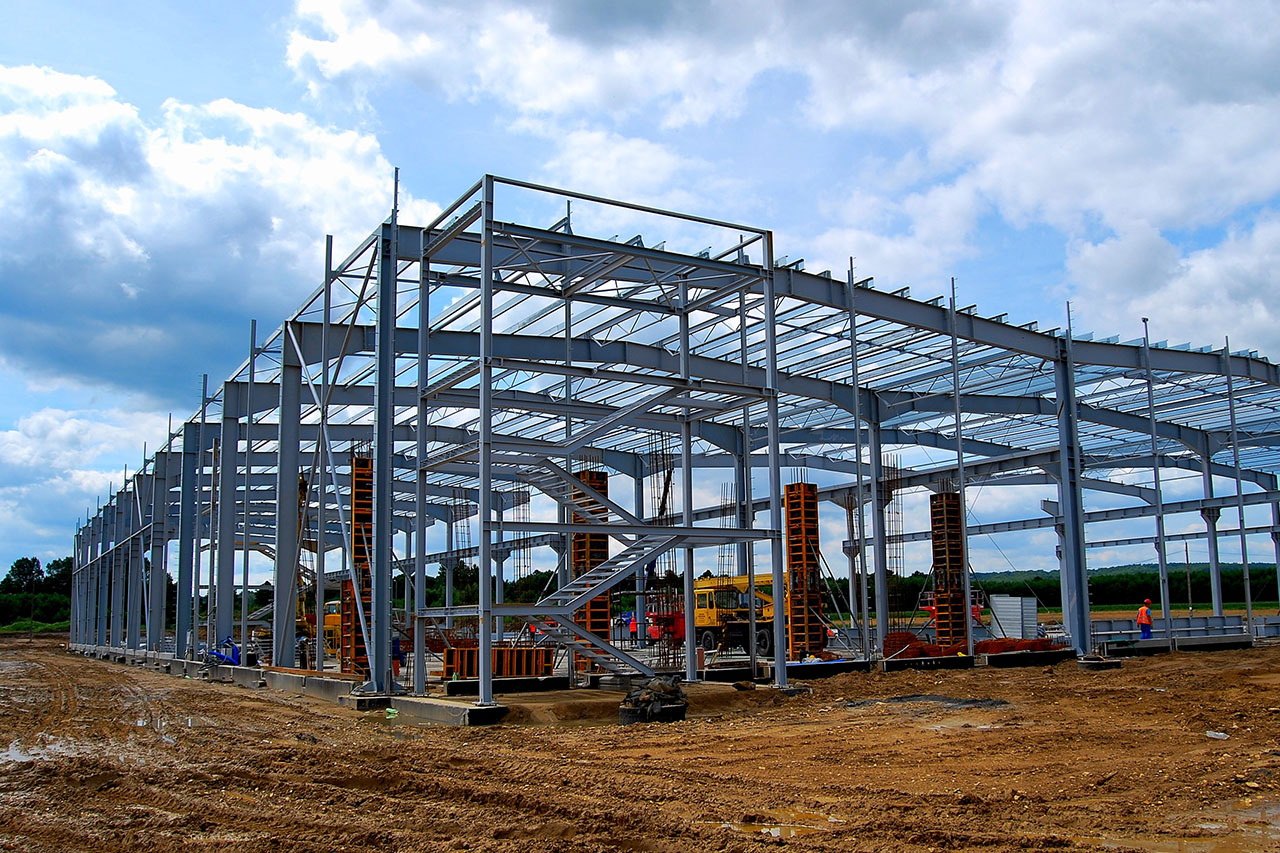
French construction confidence holds up
French construction industry managers’ confidence over future activity held up in August as it did the previous month, according to a l’Institut National de la Statistique et des Études Économiques (Insee) report monitored by Kallanish.
French construction companies’ general outlook for the sector remained optimistic regarding their activity over the next three months. However, fewer business managers in August than in the previous month considered that the level of their order books is higher than normal. Order books provided 8.7 months of work, above the long-term average of 5.8 months.
The capacity utilisation rate last month remained stable on July but production bottlenecks increased. “A quarter of business managers consider that they are unable to increase their production due to a lack of staff, a share virtually stable, at a high level,” Insee reports.
In August almost as many business managers as in the previous month eported an increase in their prices for the next three months.
French rebar and other reinforcing steel prices remain stable despite the current significant scrap falls in the country.
Natalia Capra France

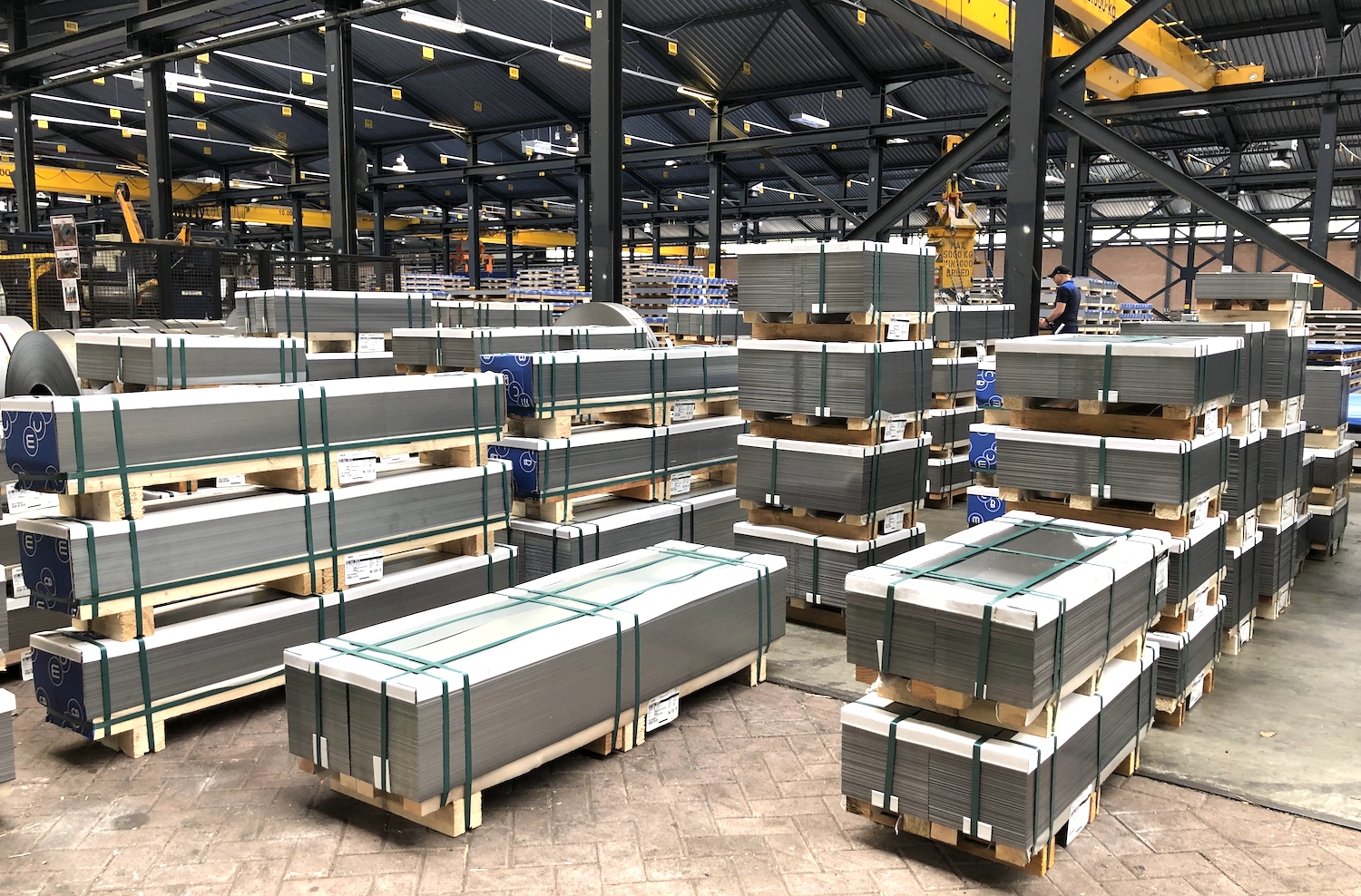
EU service centre, distribution July shipments grow further
The January-July shipments of EU27+UK service centres (SSC) rose 20.2% year-on-year, EUROMETAL tells Kallanish.
In July alone, strip mill products shipments increased 3.4% on-year and 24.3% versus June.
When expressed in days of shipments, stocks at SSC reached 53 days in July, compared to 70 days in July 2020. The index of stock volumes in July dropped to 71, versus 88 in July 2020. The index of 100 is based on the 2018 average.
EU27+UK Multi-Product & Proximity Steel Stockholding Distribution saw lower seven-month shipments only for rebar, meanwhile. Other longs, strip mill products, tubular products and stainless steel registered higher shipments. Total shipments increased by 12.3% on-year.
In July alone, total shipments rose 3% on-year.
The stock volumes index of Multi-Product & Proximity Steel Stockholding Distribution registered at 81 in July versus 84 one year before. When expressed in days of shipments, stock volumes in July were at 69 days compared to 76 days in July 2020.
Adam Smith Germany


UK exhausts further CRC quota
The UK has exhausted numerous further third-quarter steel safeguard quotas, including cold rolled coil from Vietnam and metallic coated sheet from Taiwan, UK steel distributors’ association NASS informs Kallanish.
This follows the exhaustion last month of the CRC from “other countries” quota.
Also exhausted are merchant bars and light sections from the EU, and gas pipe from India.
Meanwhile, over 90% of quotas have been exhausted for hot rolled coil from Russia, organic coated sheet from South Korea, quarto plate from Ukraine, merchant bars and light sections from Turkey, rebar from Russia and gas pipe from Turkey.
Last week the Trade Remedy Authority (TRA) launched a review of its previous recommendation to terminate safeguard measures on the imports of nine steel products.
Adam Smith Germany

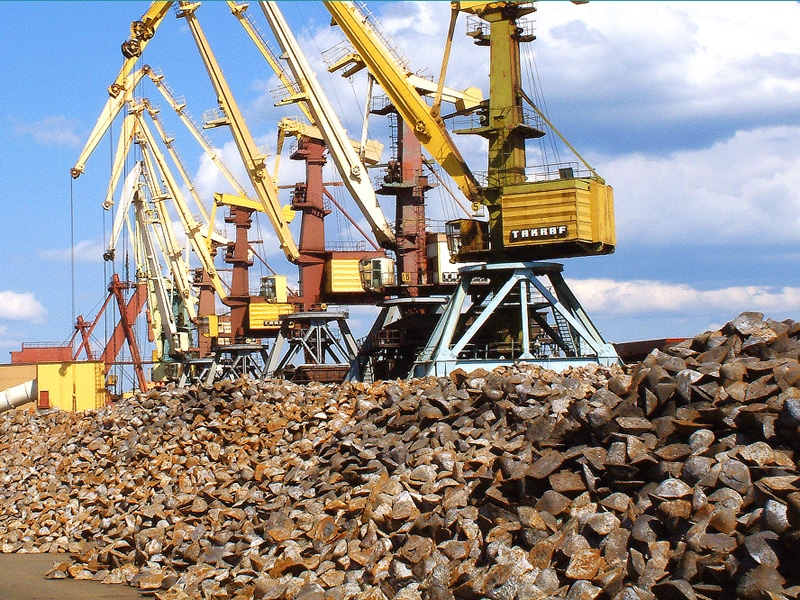
India fears rising coking coal prices, increases imports
Rising coking coal prices have prompted Indian steelmakers to dramatically increase imports of the feedstock. India’s coking coal imports surged 114% on-year to 5.76 million tonnes in July, Kallanish notes.
Offers for Australian premium mid-volatile hard coking coal have grown significantly, by $45-50/tonne on-week to $350-355/t fob Australia, against $300-305/t fob last week for November deliveries, says a market source.
“While steel production [in India] has improved, domestic steel mills had postponed procurements due to higher coking coal prices,” says India Ratings & Research (Ind-Ra). “However, lower inventories prompted steel producers to import higher volumes in July 2021.”
“Australian coking coal prices are receiving support from strong demand from Asian countries, ex-China,” it adds. “The limited availability of prompt coking coal cargoes for near-term deliveries due to logistical issues, including freight and container unavailability and high freight rates, could support coking coal prices over the near term.”
Indian steel companies have increased their production on the back of high demand in international markets. The nation is largely dependent on Australia for its coking coal requirement, and rising coal prices will impact Indian steelmakers’ gross margins.
Coking coal prices are expected to rise further on the back of increasing global steel demand. “Key international benchmark coal prices will remain above our medium-term sensitivity ranges in the near term, but will taper with the resolution of supply problems and geopolitical disputes,” says Moody’s. “We expect that met coal prices will remain robust in 2022 on the strength of the global steel industry.”
India’s finished steel consumption rose 4.8% on-year to 7.66mt in July. However, domestic consumption was down over June-July, on low demand from end-use industries such as construction and infrastructure due to the impact of the monsoon.
Sayed Aameer India

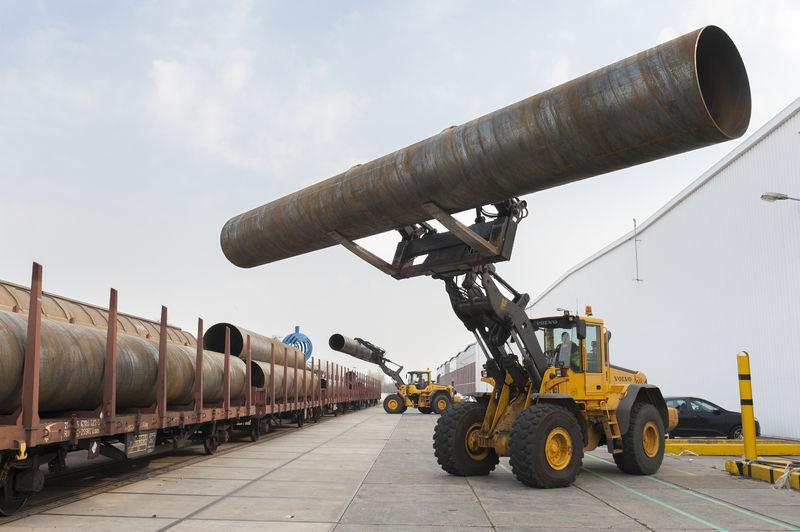
Hoberg & Driesch invests in pipe services
German pipe distributor Hoberg & Driesch has lined up a €1 million ($1.18m) investment at its subsidiary for processing services.
Last year, the company took over the former RSC Röhrenhandel in Wesseling near Cologne (see Kallanish 6 August 2020), which it has since renamed to Hoberg & Driesch Processing. The acquisition was part of a diversification strategy towards more downstream services the group has pursued since 2015.
The unit’s processing services include sawing, stamping, bending, laser cutting, several types of end-forming and surface treatment. While the company does not specify the target segments of the investment, it notes that it recently introduced linear sawing with shot blasting. This creates surfaces that are immediately enabled for coating, a service which targets application in utility vehicles, it says.
Christian Koehl Germany

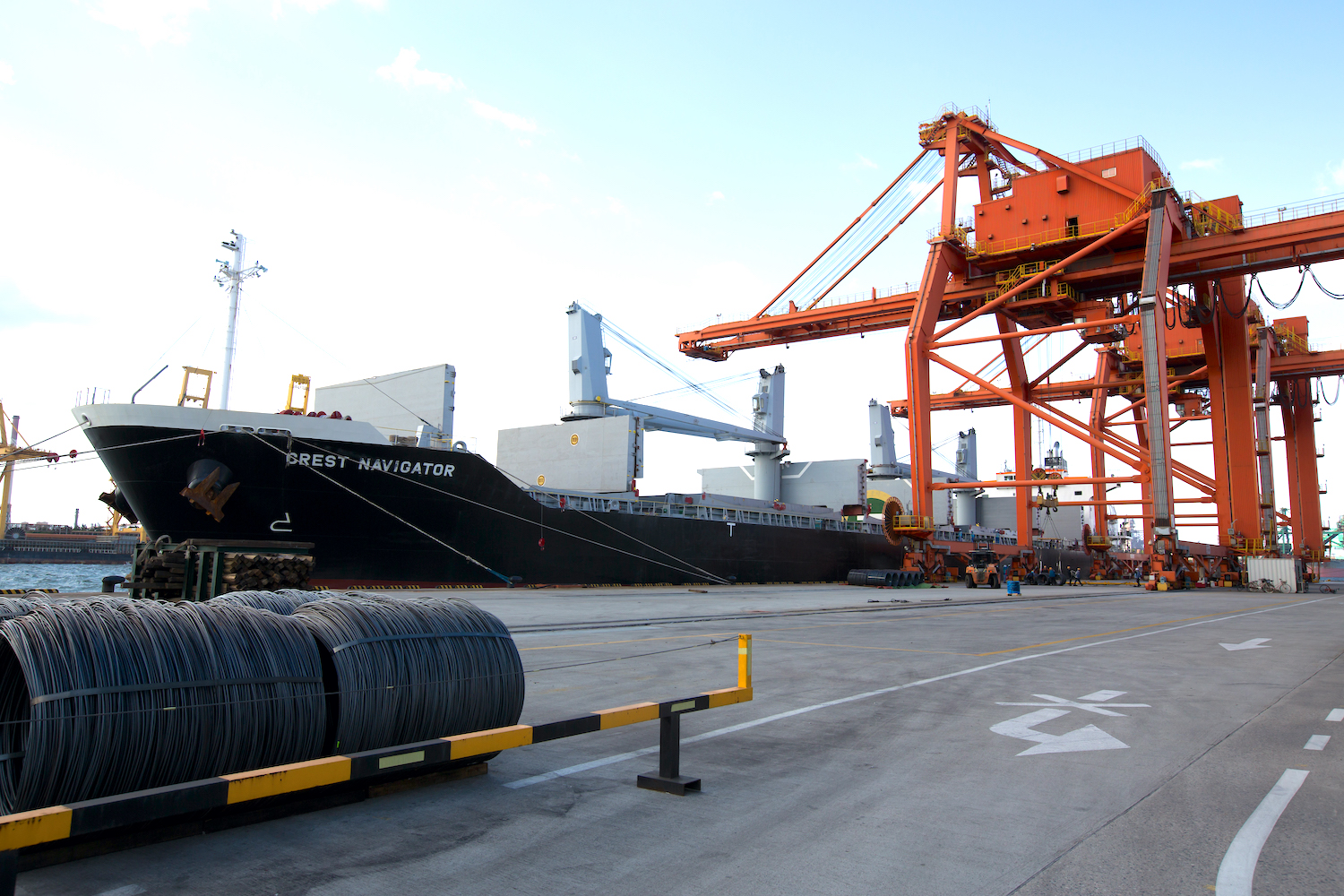
Island Steel eyes toll processing services following agreement
Associated British Ports (ABP) has signed a new ten-year agreement with Island Steel allowing the Port of Newport-based service centre to expand its site by an extra 1.2 acres. Island Steel will thereby start offering toll processing services, which will enable further carbon footprint reduction and reduce the effect of shortages within the haulage industry, ABP says.
Island Steel currently occupies a purpose-built 100,000-square-foot facility, which is entirely powered by solar energy, produced on-site, Kallanish notes.
Wales Short Sea Ports head of property Helen Thomas says: “Across its ports, ABP handles almost 2 million tonnes of steel a year, with Newport handling nearly 500,000 a year. Island Steel has been a long-standing customer at Newport, and we are delighted they have chosen to continue our partnership for a further ten years, helping reaffirm South Wales’ position in the UK’s steel industry.”
Last year ABP signed a ten-year agreement with Tata Steel’s Port Talbot plant in Wales. This sees it ship raw materials into the plant’s integrated dock and ship finished products for export further along the Welsh coast (see Kallanish passim).
Adam Smith Germany

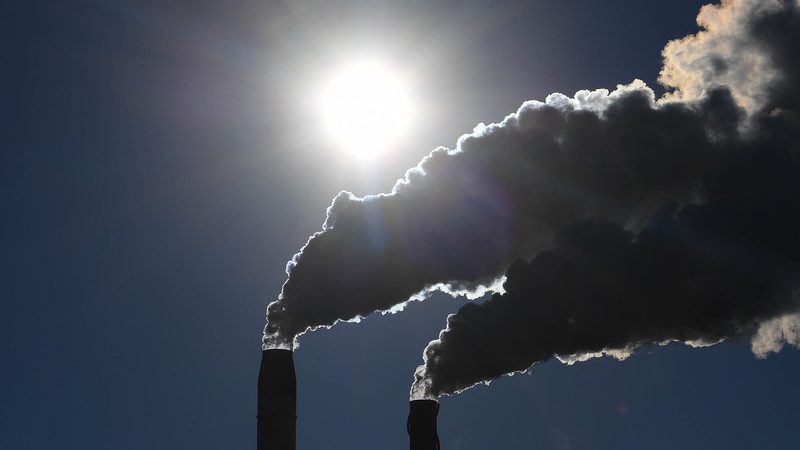
EU steel mills need to deploy green technologies soon: Industry Tracker
The European steel industry has less than 26% (12%-35%) of its carbon budget remaining and companies must rapidly shift their business models to reach net zero, Industry Tracker, a climate research house for investors, said Sept. 14
Steelmakers have until 2033 to stop using current production methods and invest in new steelmaking technologies, with the cost of transitioning that is estimated between $4 billion and $34 billion for companies, depending on the size of their current asset base, Industry Tracker said in a statement about its “Steeling for Net Zero” report.
The current balance sheets and cash flows of steel companies are not enough to support the cost of the transition, mills must have also partnerships, direct public funding and investment capital, Industry Tracker said.
“Steel is used across many products and sectors that are integral to the way we live. However, with a large carbon footprint and a growing emissions profile, steel remains a problem child in the path to net-zero,’ Carole Ferguson, managing director of Industry Tracker, said in the statement. “With momentum starting to build for new technologies, particularly green hydrogen, steel companies have the opportunity to break out of their current capital intensive business models. I am optimistic that with public support, cross sector partnerships and investment capital seeking to solve the climate crisis, steel companies have the potential to lead the way in the transition and drive the green hydrogen economy.”
The largest emissions from the steelmaking process comes from the blast furnace route, that is still the main method to make crude steel and as the research underlined has been in use since the 14th Century, Industry Tracker said.
“With this carbon intensive method, there is no way of achieving the required reduction in emissions to meet the EU’s 2050 net-zero target,” Industry Tracker said. “Reductions from efficiency improvements have all but plateaued – over the last two decades, the companies analyzed have only reduced their emissions intensity by an average of 1% per year.”
The report studied 10 of the largest and most important EU steel companies, accounting for 68% of primary steel production in Europe, including ArcelorMittal, Tata Steel, Thyssenkrupp and SSAB, Eight out of 10 of the companies have emissions reduction targets, with ArcelorMittal, Voestalpine, Tata Steel and Salzgitter all making commitments to become net-zero, climate or carbon neutral by 2050, while SSAB aims to achieve this by 2045.
“However, most of the emissions cuts outlined in these targets come after 2030, when they are at high risk of missing the window for investing in vital new technologies,” Industry Tracker stressed.
Some of the steel companies, such as SSAB, ArcelorMittal and Tata Steel, are starting to develop low-carbon innovations required to significantly reduce their footprint, it said. This includes hydrogen-based steel production that can reduce emissions to near zero, as well as carbon capture utilization and storage, which could cut emissions from traditional steelmaking routes in the mid-term.
Seventy percent of the companies in the report, including ArcelorMittal, Thyssenkrupp and SSAB, are involved in projects developing “blue” or “green” hydrogen production, Industry Tracker said.
“This is encouraging as it indicates they are not just investing in hydrogen-based steel production technologies, but are also getting involved in developing supply chains to ensure they have access to the large volumes of hydrogen needed to scale up this type of sustainable steelmaking,” it said.
— Annalisa Villa

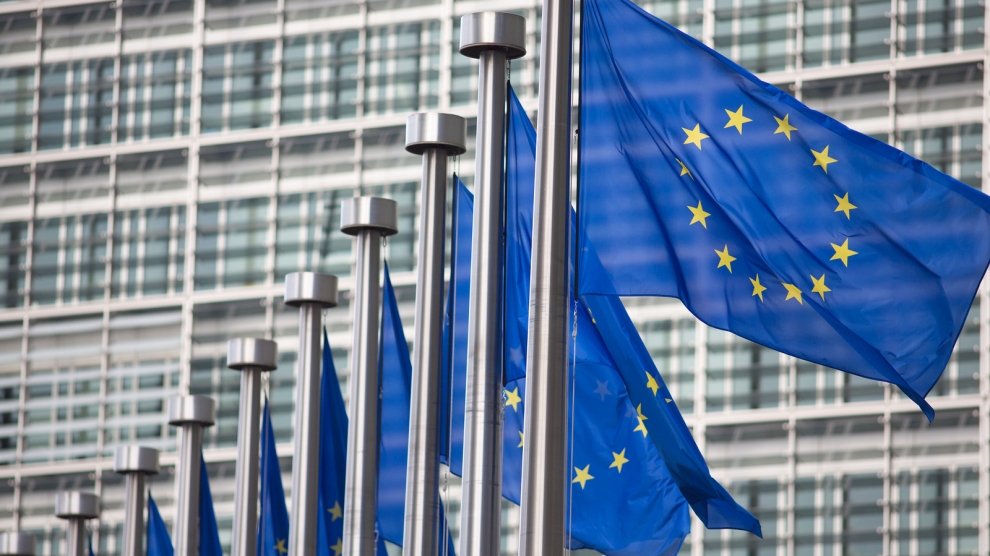
Commission takes action against circumvention of anti-dumping duties on Chinese aluminium foil

Based on evidence of circumvention, the Commission has today extended the anti-dumping duties on aluminium household foils from China to apply also to imports from Thailand.
This follows a thorough investigation which revealed a significant increase of imports into the EU of aluminium household foil from Thailand. The investigation confirmed that Chinese aluminium foil producers were exporting parts of the product subject to EU anti-dumping duties to Thailand where it was subject to minor assembly operations before the final product was re-exported to the EU. By using another country to export from, the exporting Chinese companies evaded the up to 35 % anti-dumping duty on aluminium foil imported. The duties on imports from Thailand will apply from 21 December 2020 onwards and will be collected retroactively.
This aluminium product is an important consumer good in the EU market with a market value of €550 million, and EU production of aluminium foil is spread over 12 Member States. The anti-dumping duties in force on the import of aluminium foil from China into the EU serve to offset the price advantage caused by the unfair trading practice of dumping. The extension of the anti-dumping duties to imports from Thailand demonstrates that the Commission is fighting unfair trade in all of its forms, including circumvention of duties.
For more information on both regulations
Aluminium foil jumbo rolls definitive measures extension (OJ L325)
Aluminium foil small rolls definitive measures extension (OJ L325)
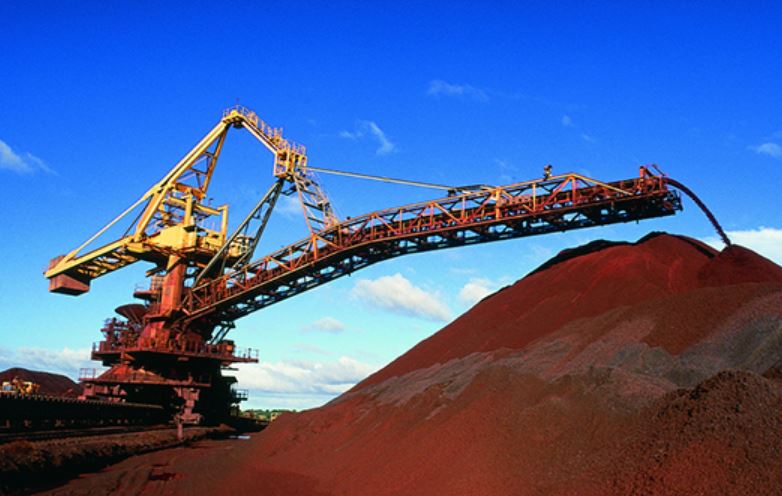
ArcelorMittal, Liberia agree iron ore project expansion
ArcelorMittal and the Liberian government have signed an amendment to the Mineral Development Agreement (MDA) which will enable ArcelorMittal to expand its mining and logistics operations in Liberia.
After the amendment comes into effect, ArcelorMittal Liberia says it will significantly ramp up production of premium iron ore and generate nearly 2,000 new jobs. The expansion project includes the construction of a new concentration plant, substantial expansion of mining operations, and rail and port facilities. The capital required to finalise the project is expected to be approximately $0.8 billion.
The first concentrate is expected in late 2023, ramping up overall production to 15 million tonnes/year. The agreement will allow ArcelorMittal to reserve the right to expand output to 30mt.
Liberia president George Manneh Weah says: “This agreement demonstrates to the world that Liberia welcomes foreign direct investment and is a key emerging destination for capital. The further investment by ArcelorMittal in Liberia bears testament to the company’s confidence in the future of this country.”
ArcelorMittal chairman Lakshmi Mittal observes: “The expansion of mine, processing, rail and port facilities is the largest iron ore project in West Africa and will draw international attention to Liberia as an attractive country to invest in.”
ArcelorMittal adds it has invested over $1.7 billion in the country over the past 15 years.
ArcelorMittal Liberia has been running its first-phase 5m t/y direct shipping ore (DSO) operation since 2011. It utilises a 243km rail line that transports ore to the Port of Buchanan for export.
Concentration plant construction was initially started in 2013 but suspended due to the onset of Ebola in West Africa and the subsequent force-majeure declaration by the onsite contracting companies (see Kallanish passim).
Burak Odabasi Turkey


